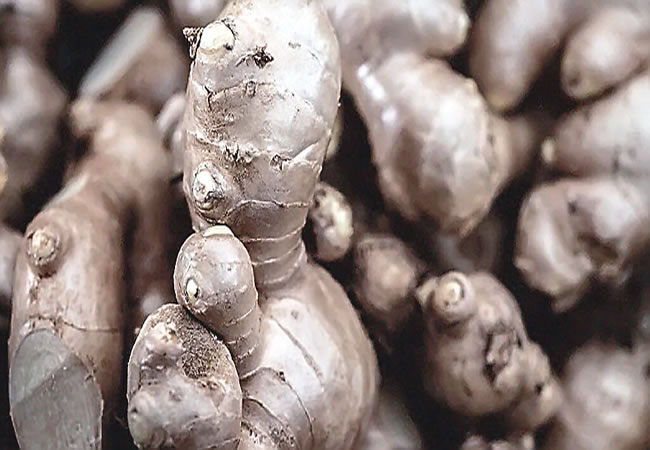
Although I enjoy the peppery taste of ginger in my food and drinks, I want to know if it has any health benefits.
Salami (by SMS)
Ginger, a common spice derived from the rhizome of the ginger plant, has been studied for its potential effects on blood sugar levels. While research on ginger’s impact on blood sugar regulation is ongoing and findings are mixed, some studies suggest that ginger may have beneficial effects, particularly for individuals with diabetes or insulin resistance. Here’s how ginger may affect blood sugar levels.
Several studies have reported that ginger supplementation may lead to reductions in fasting blood sugar levels in individuals with type 2 diabetes. However, the effects appear to be modest and may vary depending on factors such as dosage, duration of treatment, and individual response. Ginger contains bioactive compounds such as gingerol, which have antioxidant and anti-inflammatory properties.
Chronic inflammation and oxidative stress are implicated in the development of insulin resistance and type 2 diabetes, so the anti-inflammatory effects of ginger may indirectly contribute to better blood sugar control. Ginger has been shown to slow down the emptying of the stomach, which can help regulate the absorption of carbohydrates and prevent rapid spikes in blood sugar levels after meals.
This effect may be particularly beneficial for individuals with diabetes who need to manage postprandial (after-meal) blood sugar levels.










